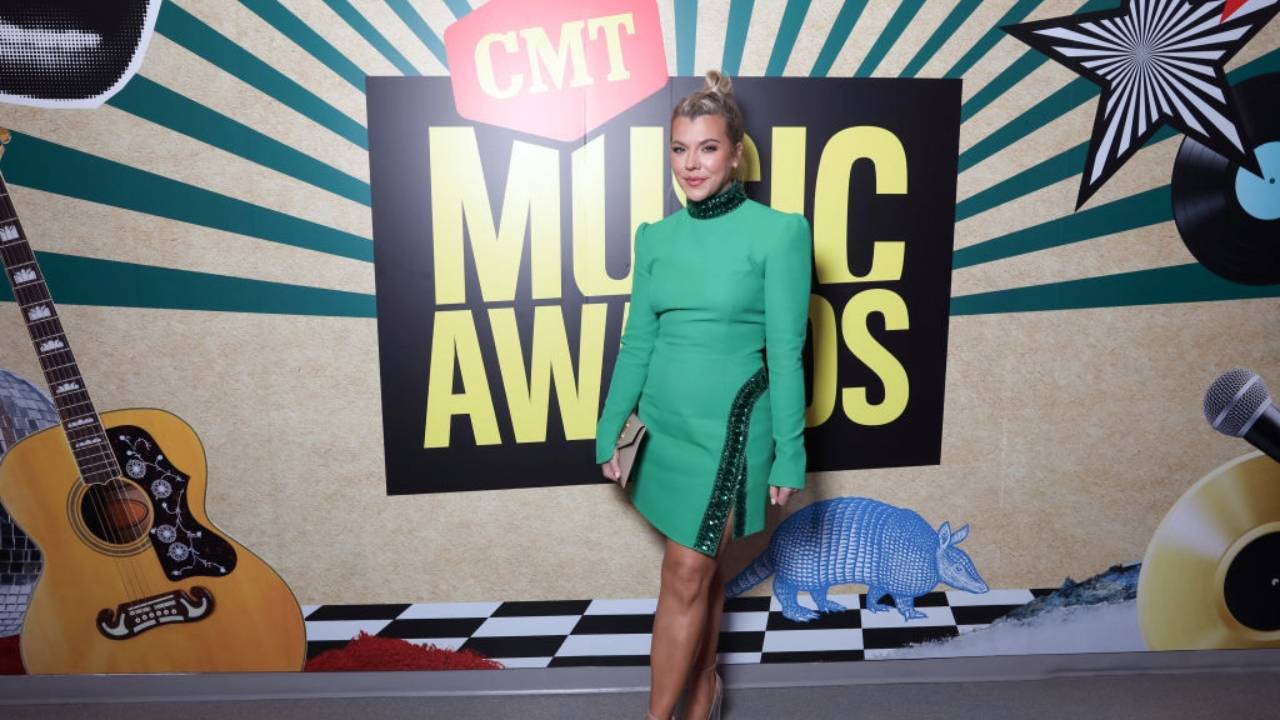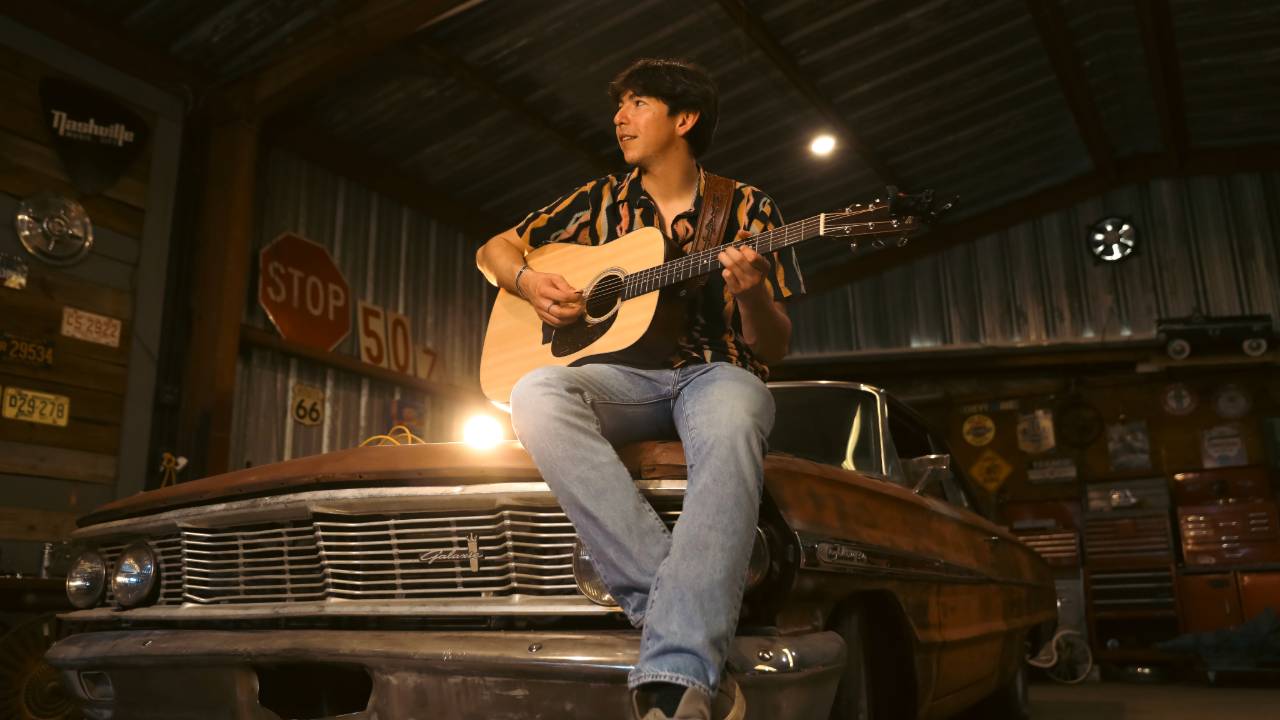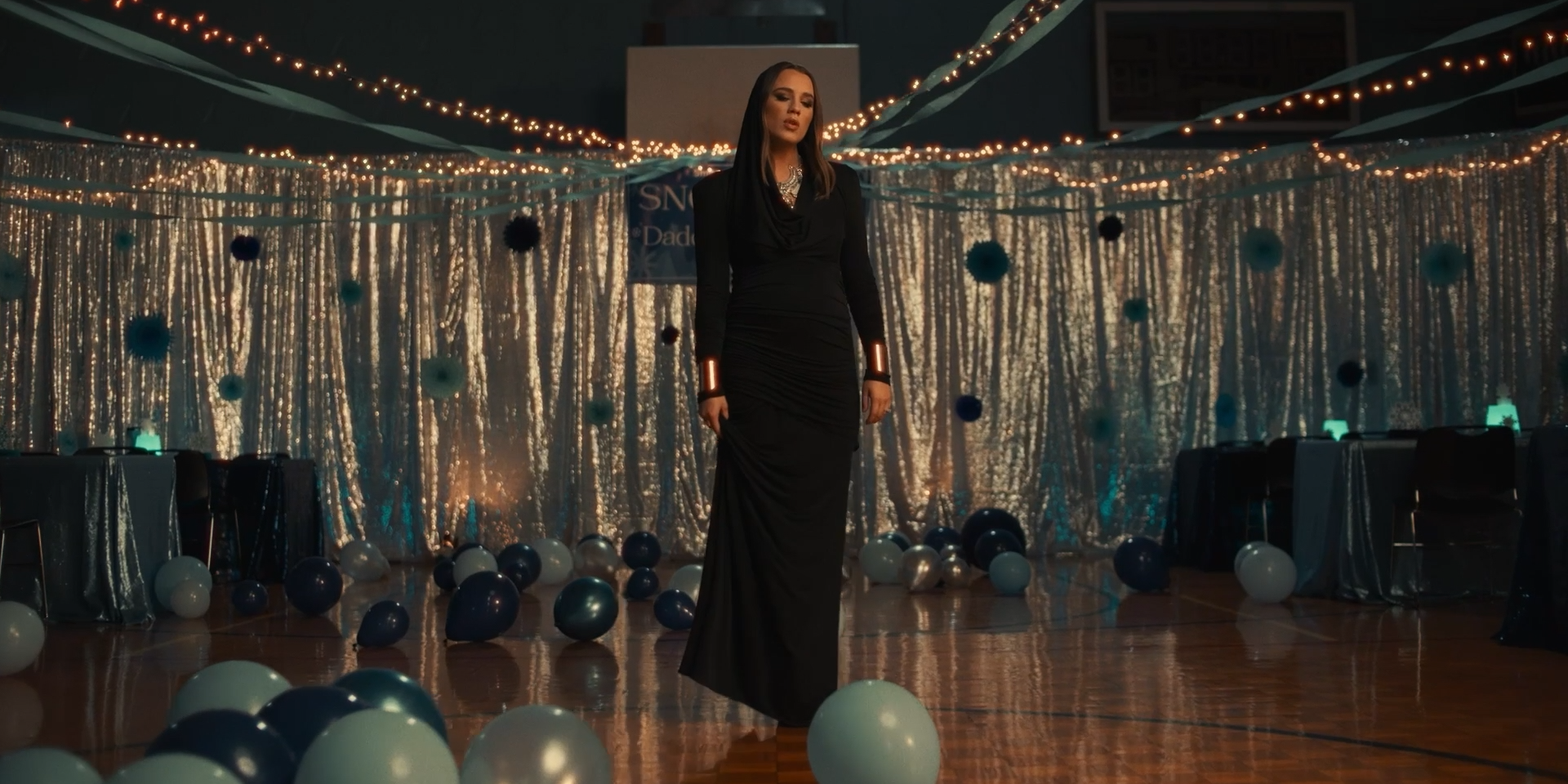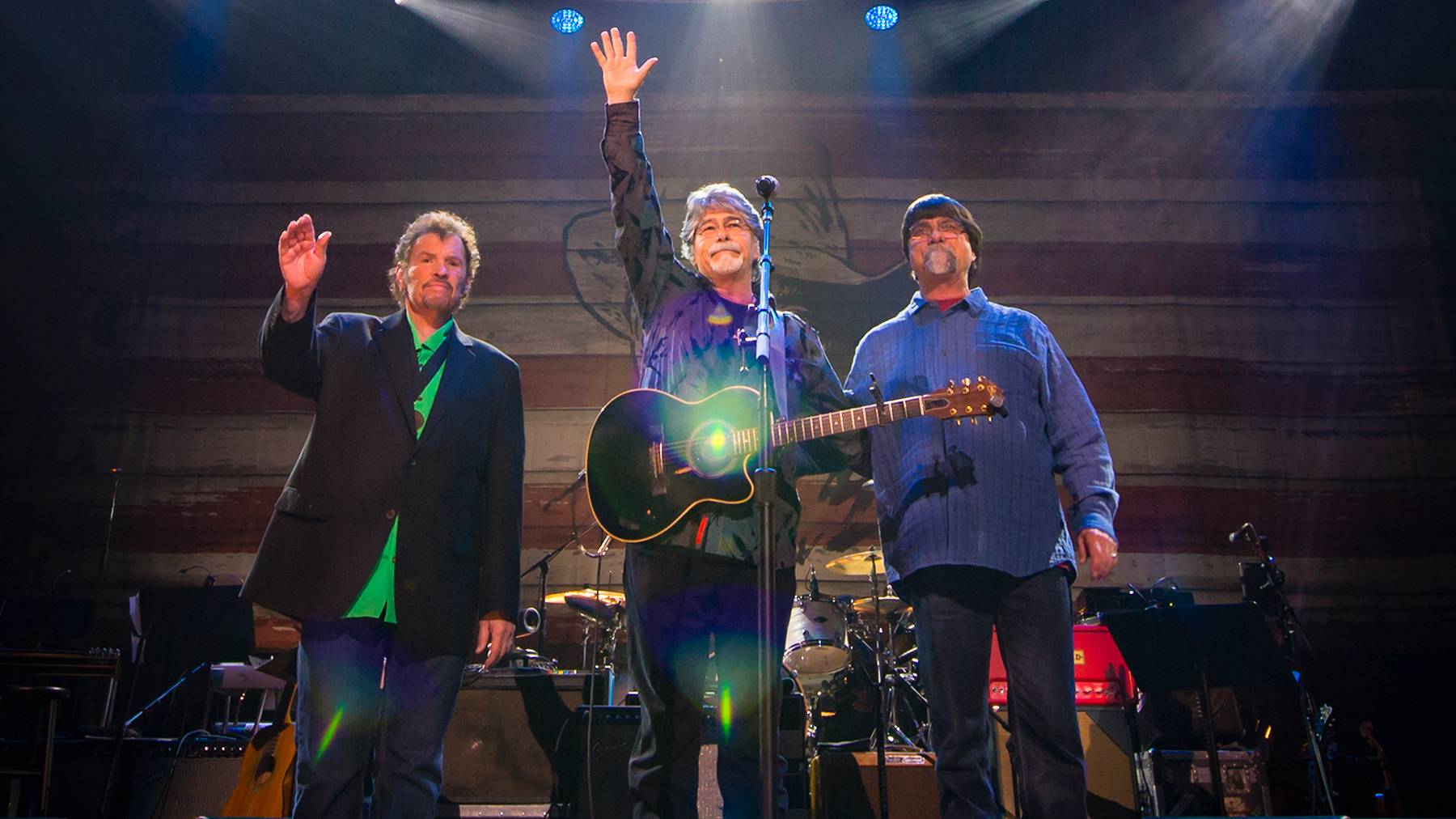Will Success Spoil Hayes Carll?

Despite the mainstream media attention he's receiving these days, Texas-based singer-songwriter Hayes Carll insists that he's same guy he's always been. However, he also adds, "I don't do much around the house anymore. If my wife asks me to do something, I say, 'Well, have you seen People magazine?'"
Carll's dry sense of humor comes through in his live performances, and it also remains intact on his new album, Trouble in Mind, his first for Lost Highway Records, an imprint of the Universal Music Group. The rich imagery of Carll's songs began gaining him critical acclaim when Compadre Records released his debut album, Flowers and Liquor, in 2002. It continued with his second album, Little Rock, issued in 2005 on his own Highway 87 Records. Aided by the clout of a major label, Carll is now seeing substantial coverage in Entertainment Weekly, Spin, Blender, Mojo and newspapers such as the New York Times and the Los Angeles Times. His CD even got reviewed in Playgirl ... but more about that later.
Carll weighed the pluses and minuses of signing with a large record label, even though Lost Highway has an extremely prestigious roster of singer-songwriters. He also admits he had been watching the company for years.
"The first time I was ever really aware of them was when I went to a Lucinda Williams concert in Houston," he says. "As I was walking out of the show, people from their street team were out on the street, handing out flyers about this new artist named Tift Merritt. They were promoting not only Lucinda, but another artist who wasn't even at that show. I was still really new to the business, but I thought, 'I might not have ever heard of this person, but now I've walked out of one great show and immediately got some news on another artist.' It just seemed really smart to me, so I looked at their roster and realized that they have some great acts and a lot of people that were incredibly influential to me, like Lyle Lovett and Willie Nelson. So probably four, five or six years ago, I started thinking in the back of my mind that some day it would be a nice place to be."
Having spent years essentially running his own label, Carll says he's relieved to have others handling certain aspects of his career.
"On the other hand, I work more, in that they do such a good job," he says. "I spend a lot of time talking on the phone, doing radio, doing press and all the things that go into promoting a record. But they have a much better ability to do those things, financially and time-wise, than I ever did. When I started out, I was booking myself and my wife would call the radio stations. It's nice to, one by one, sort of have those responsibilities lifted so I can do what it is that I wanted to do, which is be a songwriter and a performer. I didn't start out in the business thinking I really wanted to be a booking agent. It's just something I had to do at certain times to get by."
With some recommendations by Lost Highway's A&R department, Carll ultimately decided to work with producer Brad Jones in recording Trouble in Mind. "It was sort of like speed dating where I would talk to four or five guys in a day on the phone or in person," he says of the selection procedure. "It was like, 'So tell me what you would do with my record.' It was kind of a strange process."
Many record producers have a strong artistic vision about what recordings should sound like, but Jones' lack of commitment was the very thing that appealed to Carll.
"He told me, 'I can't tell you what kind of record we're gonna make, but what I can tell you is that I am completely open with it, and I want to try everything. I don't want to just settle on a country record or folk record or rock record. If that's what you want to do, we can do that. But when we get in, what I want to do is experiment and push everything. We will end up making some things that don't work, but we won't know until we try, so let's try everything. If we've gone too far, we can come back down.'"
With a cast of backing musicians including guitarist Will Kimbrough and steel guitarist Al Perkins, Jones' tasteful production emphasized Carll's lyrics to underscore the poignancy of songs such as "Faulkner Street" and "Beaumont."
"The one thing that I have wanted to make clear with Brad was that I may never be a triple-platinum artist, but I've made a career for myself by writing the songs that I write and singing them and some element of my personality coming across in those songs. It may work in the big time, or it may not, but I am going to sink or swim with that ship. To me, what we have to get across is my songs and -- for better or worse -- in my voice and my personality. The music can enhance that for sure, and I feel like it did on this record."
In addition to his serious songs, one of the humorous ones is attracting particular attention. "She Left Me for Jesus" is sung from the standpoint of a theologically-confused dimwit. Knowing it had the potential of becoming "one of those hot-button songs," Carll hesitated to even include it on the album.
"I was worried about being labeled as the guy who sings the song about kicking Jesus' ass, which is not what I wanted or where I envisioned my career going," he says. "But I thought it was a funny song that, if taken in the right context, would bring more people to the party. What [singer-songwriter] Todd Snider told me is, 'I put them out, and all I know is that more people come to the shows -- and then I do whatever I want to do at the shows.' At the end of the day, we are trying to get people to come out and listen to us.'"
Regarding his reluctance to include it on the album, Carll says, "You spend most of the time wishing your songs to become hits, but I had one where I thought his song could take off and that it would not be the best thing for me, long term. And there are 13 other songs on the album, so it's just a piece of the record. Hopefully, the rest of it is strong enough that it doesn't get overlooked by one other song."
Regarding the media attention he's receiving, Carll says, "It's nice, certainly, but the bottom line is either I feel like I made a good record or I didn't. I think I'm my own toughest critic in that regard. It's nice to hear people say good things about you, but I try not to read too much into it. I know there's still a lot of work to do and songs that I could have done better and things that I could have done differently."
That's not to say he's not curious to read what's been written about him.
"I went and bought my first Playgirl the other day," he says. "It was at a Barnes & Noble in Philadelphia or somewhere. They told me I had a write-up in the magazine, so I had to go buy it."
Asked about his technique for making the purchase, Carll says, "Well, I bought a bunch of books on war and put the Playgirl on the bottom. I just wanted to let them know I was a balanced guy. But when I got it, it was the country issue, so there were, like, Keith Urban, Darryl Worley. All these guys were basically naked in this magazine, and I was like, 'Wow! They just reviewed my record and didn't ask me to take off my clothes."
When it's facetiously suggested that he's at least two albums away from being invited to pose nude for a national magazine, Carll laughs, "Yeah, two albums and a bunch of sit-ups."





